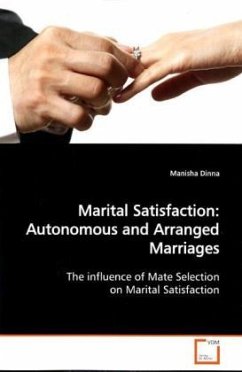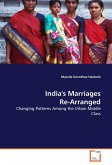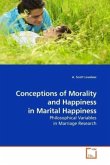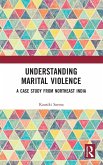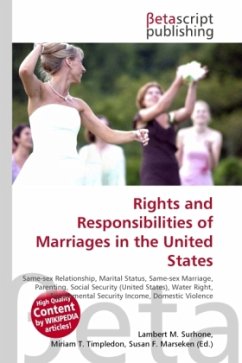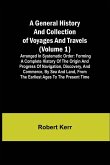In the last few decades the manner in which we engage
and select a partner has changed drastically in most
cultures around the world. In the Indian community in
South Africa the change is experienced even more
intensely as the post apartheid years have given the
youth more independence and freedom. Young adults
are consulting parents and elders even less regarding
decisions such as choice of marital partners etc.
When the author became aware of the number of young
couples in the community separating after
a short period of marriage, a discussion with
elderly people in the community spurred the thought
in the author s mind of whether the method of
selecting a mate influences marital satisfaction. The
primary purpose of this book was to investigate the
marital satisfaction between couples of arranged
marriages and that of autonomous marriages in an
Indian community in South Africa. The analysis has
shed some light on whether the selection of partner
affects the levels of satisfaction one experiences in
marriage. This book should interest Marital
Therapists, Psychologists, Social Scientists and
married couples from all walks of life.
and select a partner has changed drastically in most
cultures around the world. In the Indian community in
South Africa the change is experienced even more
intensely as the post apartheid years have given the
youth more independence and freedom. Young adults
are consulting parents and elders even less regarding
decisions such as choice of marital partners etc.
When the author became aware of the number of young
couples in the community separating after
a short period of marriage, a discussion with
elderly people in the community spurred the thought
in the author s mind of whether the method of
selecting a mate influences marital satisfaction. The
primary purpose of this book was to investigate the
marital satisfaction between couples of arranged
marriages and that of autonomous marriages in an
Indian community in South Africa. The analysis has
shed some light on whether the selection of partner
affects the levels of satisfaction one experiences in
marriage. This book should interest Marital
Therapists, Psychologists, Social Scientists and
married couples from all walks of life.

